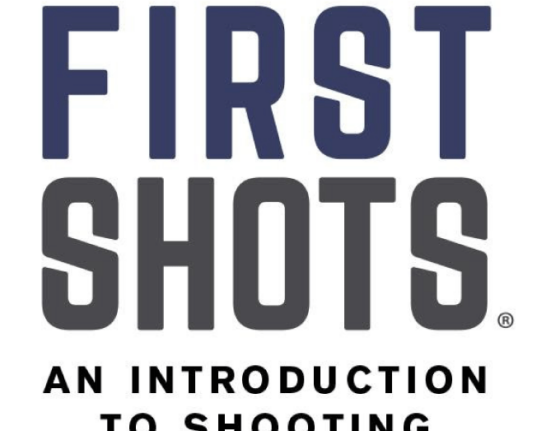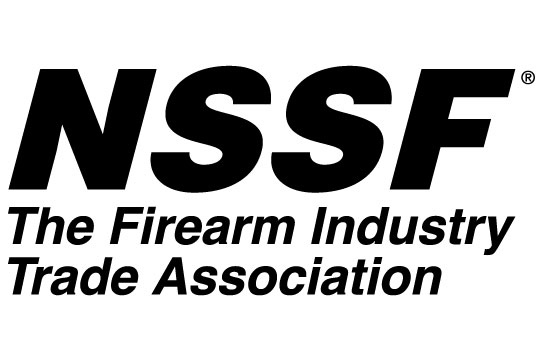An entrepreneur or business owner is always accountable. Every hour of every day, he or she is accountable to shareholders, regulators, their team, the community and themselves. There are bills to pay and payroll to make, and those things simply must be done no matter what gets in the way.
Living constantly with this mantle of accountability becomes so ingrained for people in leadership positions that it becomes difficult to even conceive how another person could operate without it. This is the “autobiographical lens” at work. But the reality is that most of our employees do not share that same perspective. Indeed, some may not even be accustomed at all to holding themselves accountable for their actions and performance. Showing them how to take on accountability is one of the bedrocks of building an effective team.
Objective Goals and Expectations
One of the challenges I had early in my career came from exactly that autobiographical lens. I was self-directed and had high standards for myself and my performance — and I expected that everyone else would too. I also had (and still do have) a serious aversion to micromanaging. However, I quickly discovered that setting up a management structure based on the expectations — that most of my team members would direct themselves and perform well out of a simple internal desire to do so — was a disaster.
Everyone on a team needs direction, objectives and standards. A lack of these creates a two-fold problem: Not only does the employee not know what to work toward each day and how to conduct themselves while doing so, when a correction to their work or how they do it is needed, you have no measurement with which to guide them.
Major corporations have legions of HR people dedicated to setting standards and expectations for each position, complete with instructions on company culture. Many times, incentive-pay structures are designed to reinforce these norms, but for the small- to medium-sized businesses owner or manager needs to be more agile with their people. You’ll need to set clear expectations upon hire for everyone, as well as measurable and observable criteria for determining good versus poor performance, and enforce those standards.

Concrete Directives and Deadlines
Most professionals can remember at least once being on one side or the other of the “I thought you were going to do X,” versus “I didn’t know you wanted X done” argument. This comes from lack of clear communication and concrete directives.
Simply outlining the fact that you would like a person or team to focus on a particular thing or move in a certain direction does not set a standard of accountability to ensure that it happens. Instead of simply expecting the team to set necessary interim goals themselves, enforce the goals you have with concrete deadlines. After the conceptual discussion, attach a date for the goal/task to be completed and objective standards by which you will measure whether or not it is accomplished successfully. Communicate these things clearly, get buy-in from the employee or team, and then hold them to their commitment.
Performance Reviews
Performance reviews are something that can easily get pushed off or postponed into non-existence. But these management tools are extremely important, as they create the one point in time for you to compare peoples’ performances to the standards you’ve set and reward or correct them. Some people need to know someone is watching for poor conduct if that conduct is to be prevented, and reviews send that message. For those who have been hitting their goals and standards, this is a time for some sort of recognition, even if it’s just verbal, as a way to continue to motivate them to perform. Don’t let these opportunities pass you by. Use your reviews and make sure they are worthwhile by having objective standards in the first place.
Most employees mean well and would really like to make their time at work matter. Very often, what seems like poor performance can actually be the result of a lack of direction and accountability. As their leader, set that direction and provide that accountability by following through on measurement, evaluation and correction or reward. When you do, very quickly your actual star performers will become clearly separated from the crowd — and you might be surprised by how much improvement you see in the others.
Practical Application Exercises
To apply the lessons in this article, here are some questions to ask yourself.
Immediately After Reading:
- What types of adverse situations develop at my company that could be the result of unclear standards or directives?
- Where are some opportunities in my daily or weekly management routine to add accountability?
- In which situations have I felt handicapped by a lack of objective standards by which I can evaluate people or teams? How can I correct or improve this?
- What kinds of answers would my employees give if they were asked, “Do you feel as though you have clear standards and goals to which you are accountable?”
Three Months After Reading
- In what ways am I better equipped today than I was three months ago to motivate and evaluate my team by clear and objective standards?
- In what ways has this increased accountability improved my organization and/or the workflow?
Related Articles: How to Create A FFL Disaster Preparedness Plan
Related Articles: What’s New at GunBroker.com: New eFFL system: Put your FFL on File
About the Author
Josh Fiorini is the former CEO of PTR Industries, Inc. He spent the first decade of his career in finance, holding positions as an equity analyst and portfolio manager before starting his own hedge fund. This experience, along with a deep background in manufacturing, banking and private equity, has made him a sought-after contributor on numerous boards and discussion groups on political and economic issues for media outlets, corporations and community organizations. Fiorini currently invests his time and resources with non-profit initiatives and acts as a contributor and management consultant to various firms in the firearms industry as the founding and Managing Partner in the firm Narrow Gate Management.
Content originally published on nssf.org. Published with permission from NSSF.







